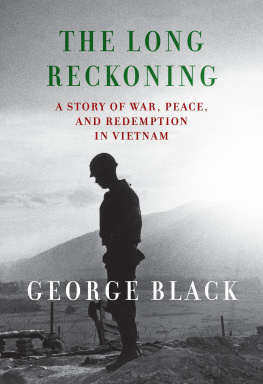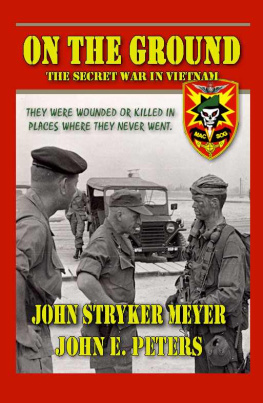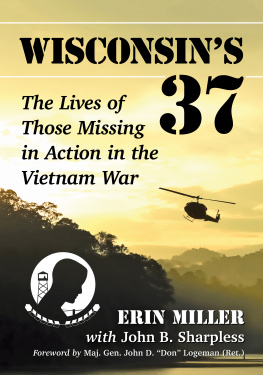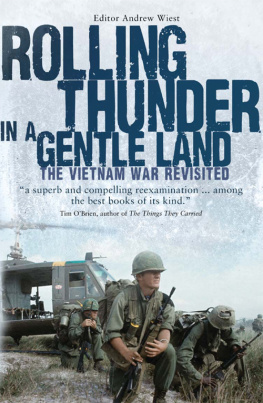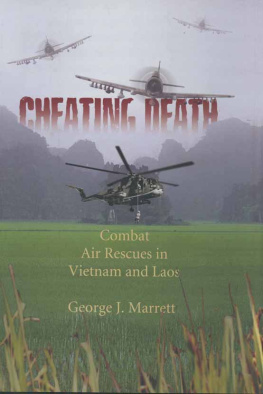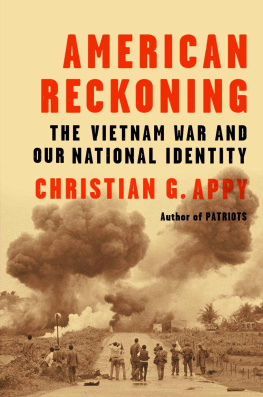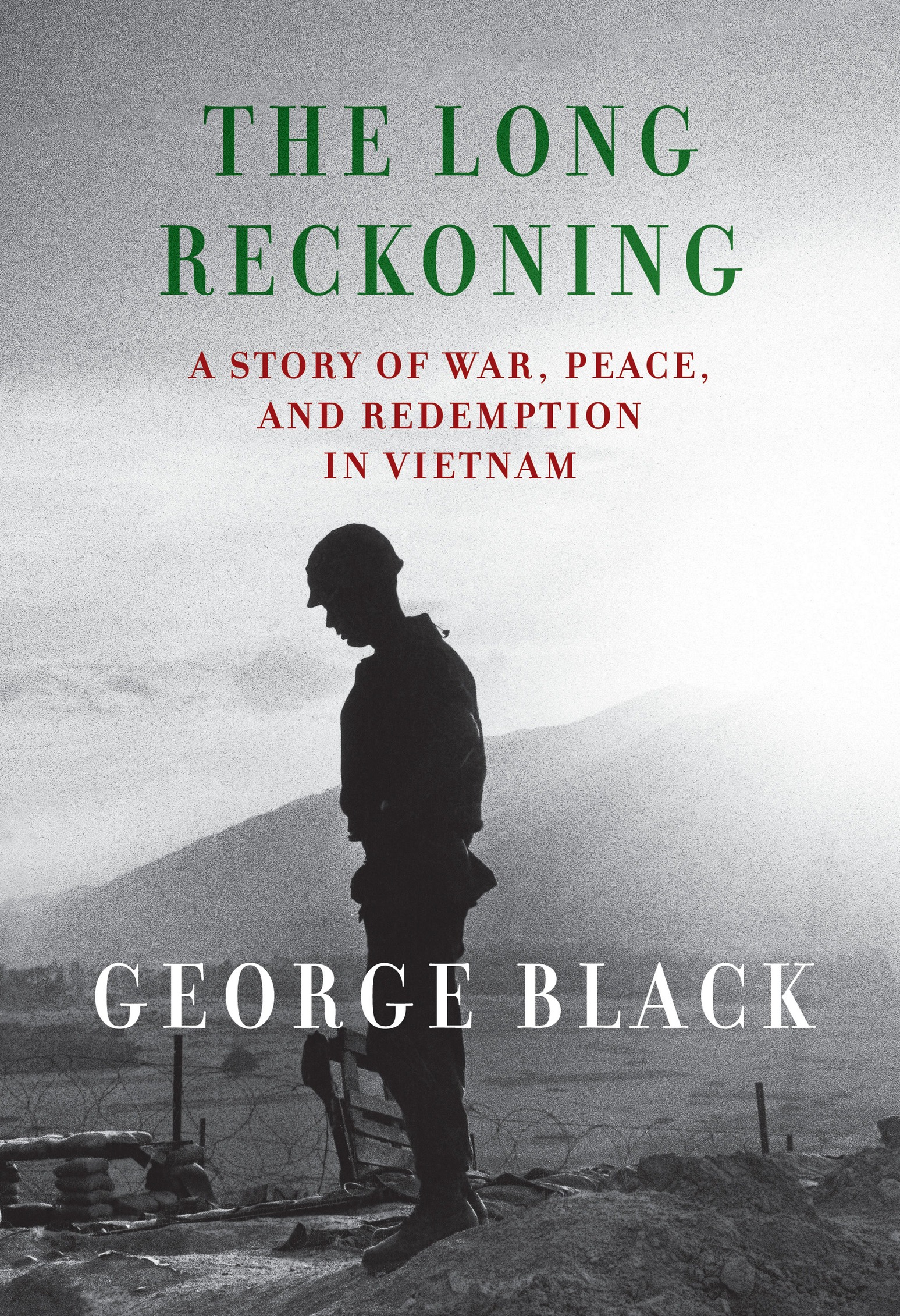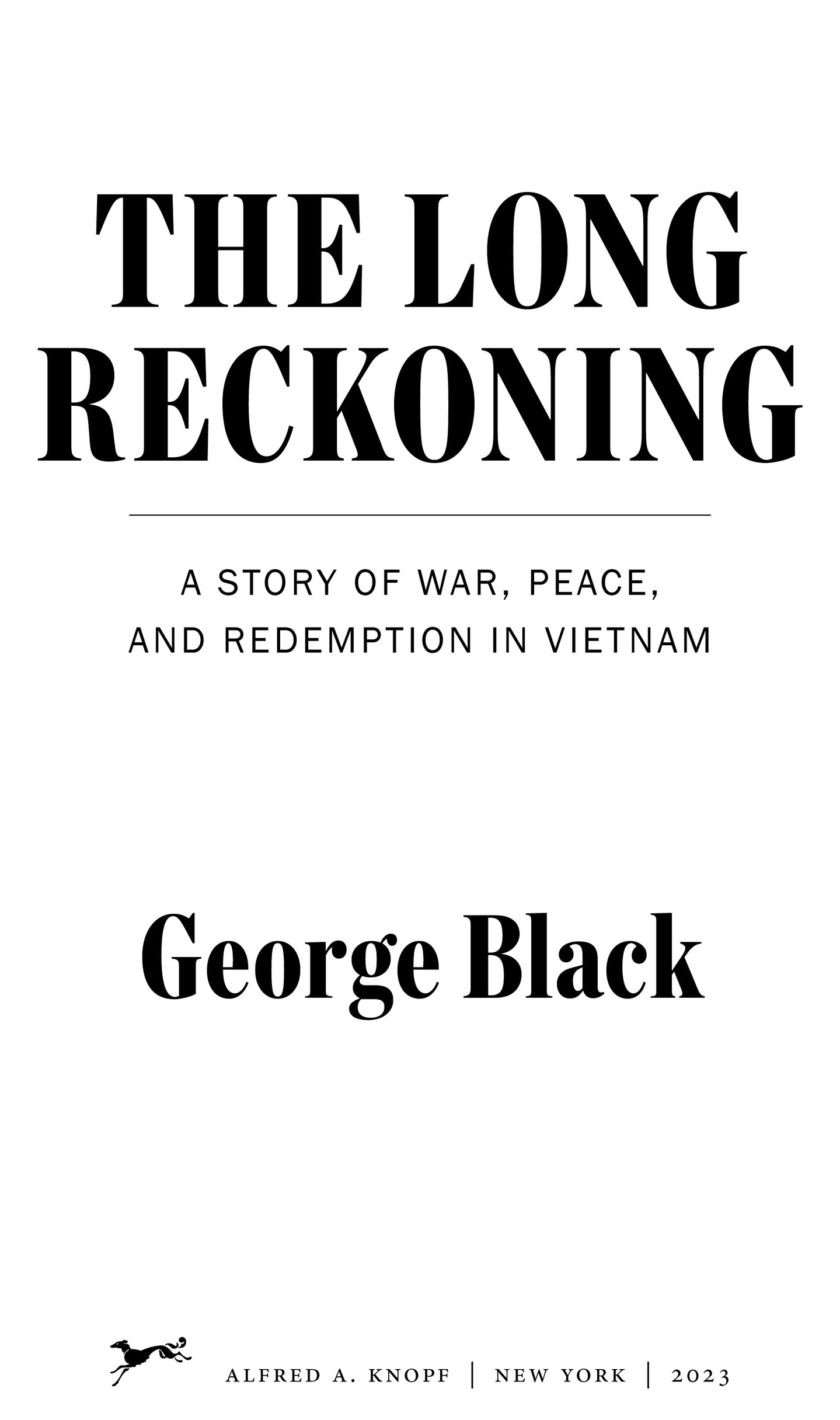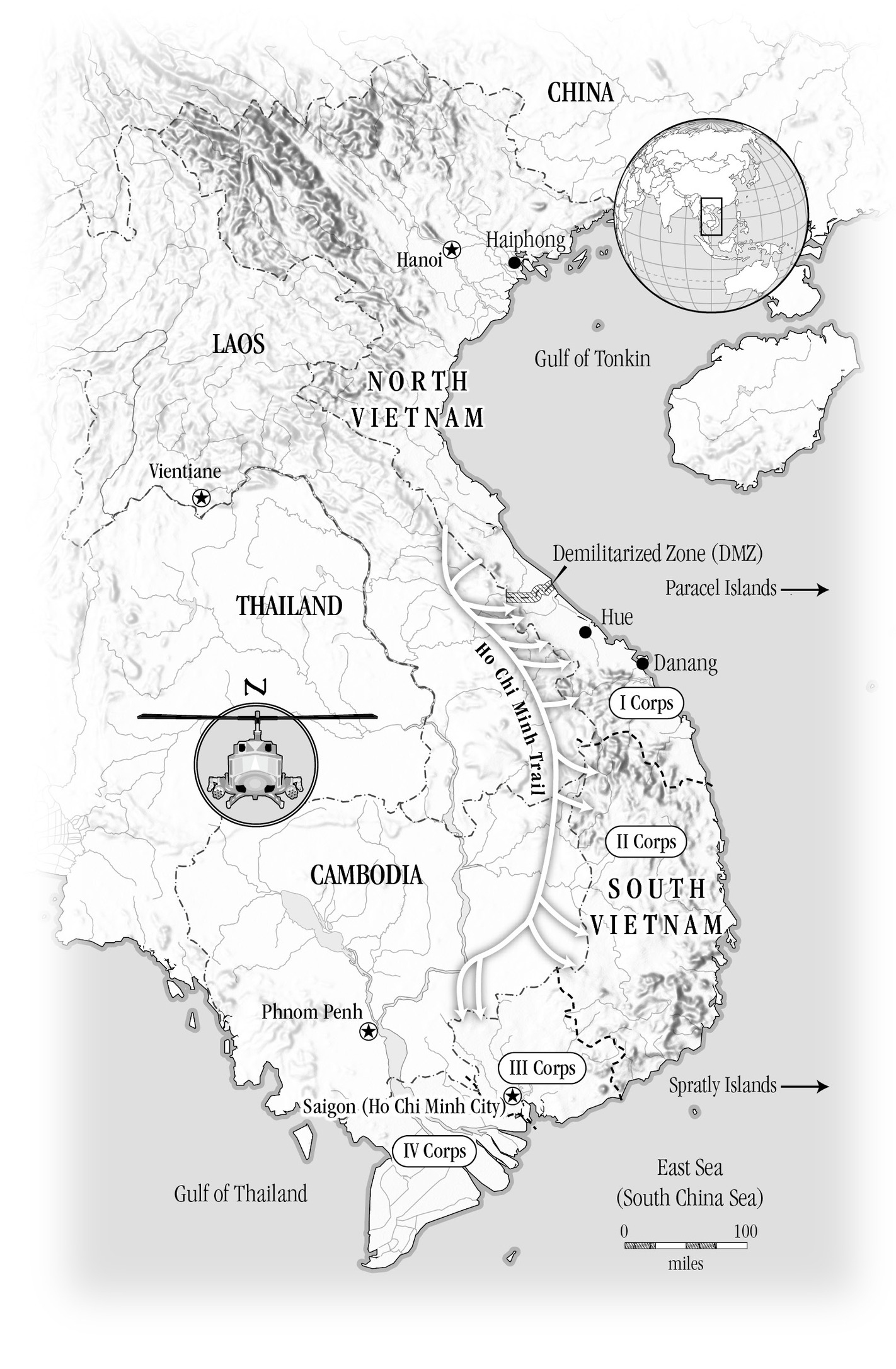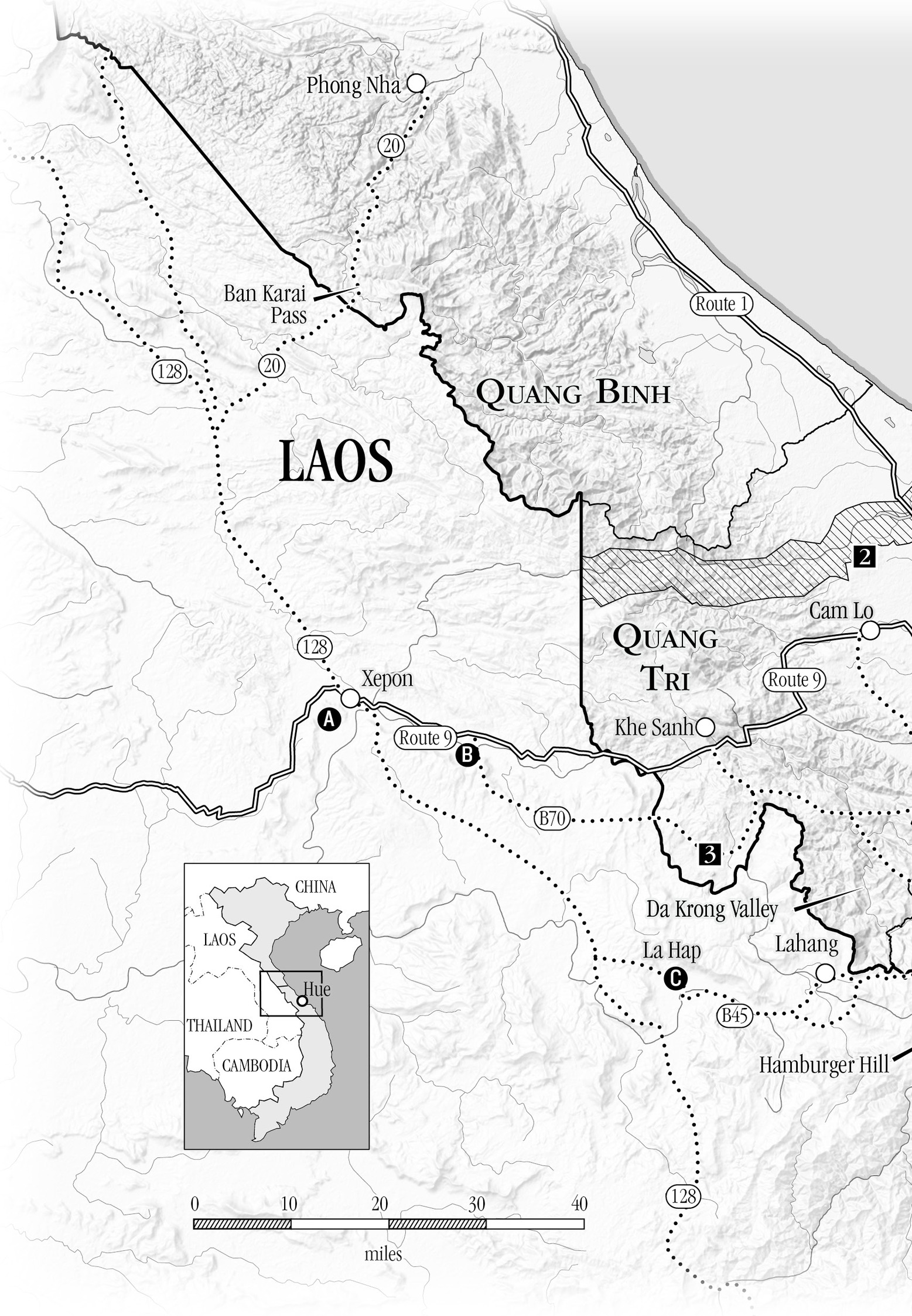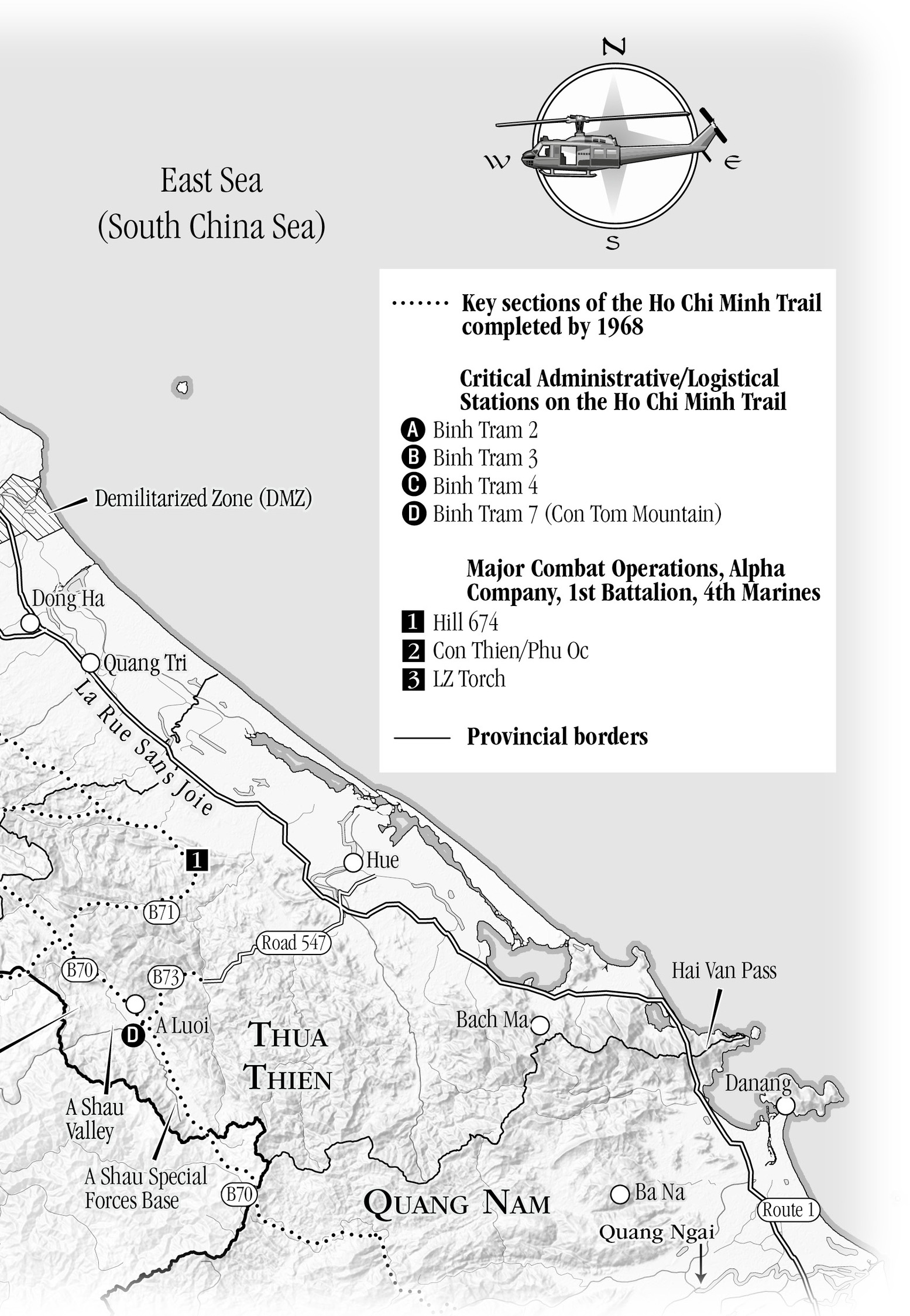ALSO BY GEORGE BLACK
On the Ganges: Encounters with Saints and Sinners Along Indias Mythic River
Empire of Shadows: The Epic Story of Yellowstone
Casting a Spell: The Bamboo Fly Rod and the American Pursuit of Perfection
The Trout Pool Paradox: The American Lives of Three Rivers
Genocide in Iraq: The Anfal Campaign Against the Kurds
Black Hands of Beijing: Lives of Defiance in Chinas Democracy Movement (with Robin Munro)
The Good Neighbor: How the United States Wrote the History ofCentral America and the Caribbean
THIS IS A BORZOI BOOK
PUBLISHED BY ALFRED A. KNOPF
Copyright 2023 by George Black
All rights reserved. Published in the United States by Alfred A. Knopf, a division of Penguin Random House LLC, New York, and distributed in Canada by Penguin Random House Canada Limited, Toronto.
www.aaknopf.com
Knopf, Borzoi Books, and the colophon are registered trademarks of Penguin Random House LLC.
Library of Congress Cataloging-in-Publication Data
Names: Black, George, [date] author.
Title: The long reckoning: a story of war, peace, and redemption in Vietnam / George Black.
Description: First edition. | New York: Alfred A. Knopf, 2023. | This is a Borzoi book. | Includes bibliographical references and index.
Identifiers: LCCN 2022023618 (print) | LCCN 2022023619 (ebook) | ISBN 9780593534106 (hardcover) | ISBN 9780593534113 (ebook)
Subjects: LCSH: Agent OrangeHealth aspectsVietnam. | Agent OrangeEnvironmental aspectsVietnam. | Vietnam War, 19611975Health aspectsVietnam. | Vietnam War, 19611975Environmental aspectsVietnam. | War victimsServices forVietnam. | Unexploded ordnanceVietnam. | Land minesVietnam. | United StatesForeign relationsVietnam. | VietnamForeign relationsUnited States.
Classification: LCC DS559.8.C5 B53 2023 (print) | LCC DS559.8.C5 (ebook) | DDC 959.704/31dc23/eng/20220810
LC record available at https://lccn.loc.gov/2022023618
LC ebook record available at https://lccn.loc.gov/2022023619
Ebook ISBN9780593534113
Cover photograph by Eddie Adams/AP/Shutterstock
Cover design by Chip Kidd
Maps by Joe LeMonnier
ep_prh_6.0_142879849_c0_r0
For Hien, Hong, Lai, Linh, Phu, Toan, and Trung,
who grew up under the long shadow of war
and have done so much to lighten it.
For Ngo Thien Khiet, in memoriam.
And for Yen Ly
The evils of war are great in their endurance, and have a long reckoning for ages to come.
Thomas Jefferson,
letter to the Young Republicans of Pittsburg,
December 2, 1808
Contents
_142879849_
The Ho Chi Minh Trail ran almost all the way from Hanoi to Saigon, with a Sea Trail that carried supplies from the port of Haiphong. This map shows the main axis of the Trail in Laos and Cambodia and the principal infiltration routes into South Vietnam.
Prologue
H er name is Kieu. There are thousands like her.
She had seen many different kinds of airplanes in the year since the Americans arrived. There were tiny ones with only one man inside that circled almost soundlessly overhead like a hawk searching for some small field creature. There were fast, terrifying ones that swooped down from the sky like birds that had spotted their prey. Some of these had short, stubby wings, and some had wings that were swept back like the point of an arrow. Both kinds threw down a curtain of red fire and black smoke that consumed long lines of banana trees and bamboo thickets and stuck to peoples bodies and burned off all their flesh. Sometimes these airplanes fired rockets that made the houses explode and burst into flames.
She had also seen many different kinds of bombs. Some came in big containers that opened up before they hit the ground and shot out hundreds of little round bombs in all directions, small enough to fit into your hand. They reminded her of the ball she sometimes saw the Americans tossing around when they were off duty. Some of these little bombs thudded to the ground but did not explode, lying half-buried in the dirt. They seemed to be harmless, but Kieus mother warned her not to pick them up. Not every child in the village heeded that warning, and they paid dearly for it. There were also shells that were bigger than her baby brother, and her father told her that these came from the big guns on wheels that the Americans had placed on a hilltop west of the town. They made a whistling, roaring sound as they streaked overhead, and sometimes you could see the puff of smoke that rose when they struck their faraway targets. But the worst bombs of all fell from airplanes that flew so high no one could see them, and these shook the ground for many kilometers around and left rows of large deep holes in the rice fields that filled with water when the rains came.
There was also another kind of airplane that whirred like a dragonfly, and like a dragonfly, it could stop in midair and hover motionless. Mr. Tuan, who spoke the language of the Americans and helped them when they wanted to talk to local people, told Kieu that the soldiers gave these planes a special name: Huey. Once she had seen them firing their weapons at a patch of forest on the outskirts of her village, and then one of the fast planes came and set fire to all the trees. Then the dragonfly planes landed nearby, and all the men inside climbed out and hurried away, ducking their heads in the wind that gusted from the part on top that spun around in circles, flattening the grass.
Once Kieu was so close to one of the dragonfly planes that she could see the face of a soldier who sat in the open doorway holding a big gun. Somehow that made these hovering airplanes less frightening; you could look at him and hope he might look back and see that you were not his enemy. It was very different in this way from the silvery shapes in the sky that seemed to fly by themselves without human assistance.
Many of the soldiers lived at the base the Americans had built at the edge of the nearby town, on the road that led to the border between Vietnam and Laos. You would see them every day in the market, tossing coins to the women who squatted on the ground with their meager piles of fruit and vegetables for sale. Most of the men were friendly, although the ones from the government army who helped them could be rude and insulting. Some young women had come to live in the town when the Americans arrived, and they often waited at the gates of the camp and went for long walks with them and did not come back for a long time. Occasionally a soldier unwrapped a bar of sweet brown chocolate from its silvery paper and gave Kieu a square or two that she kept on her tongue until it melted.

